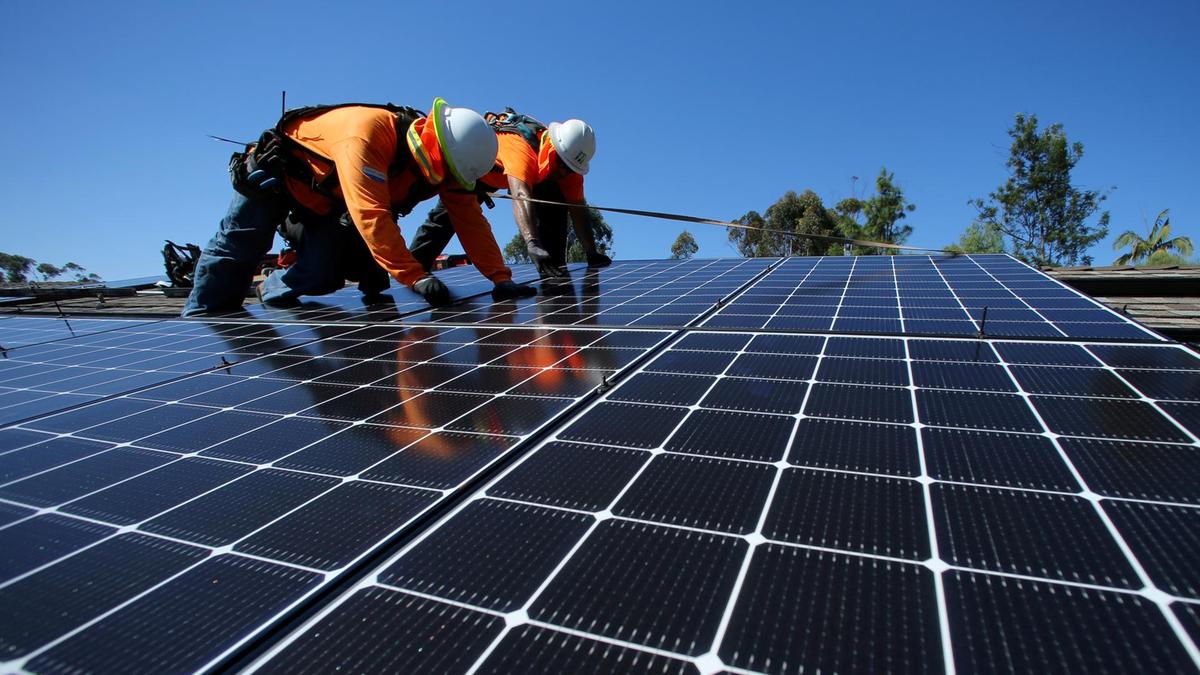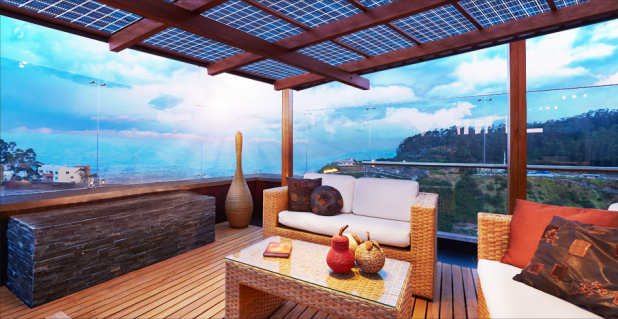COVID-19 has changed the process of working in industrial, institutional, government, private and all other sectors. Working remotely is the “New-Normal” since the pandemic started. With the pandemic at bay, the government of India has released the lockdown in various working sectors including the energy sector. Due to increasing time spent at home, a large number of homeowners are opting for residential rooftop solar to reduce their electricity bills and to utilize their terraces to spend time. The installation process of residential solar systems is now done with complete precaution and in a hygienic manner as recommended by various health organizations.
MAINTAINING HYGIENE WHILE INSTALLING RESIDENTIAL SOLAR PANEL:
The Initial Stage:
For installing solar panels on the roof of your home, the first step would be to conduct a complete survey of the roof. Contactless site visits are made to conduct surveys of residential solar systems. At HomeScape, digital meters are used to measure the dimensions of the rooftop instead of measuring tapes, making it a contactless site visit.

The Second Stage:
In the second stage, the residential solar system is designed remotely and the products are delivered to the site of the residential solar system installation. All the products are sanitized, safely packed and sent to the location. Till this stage, there is no physical contact and interaction with customers. HomeScape uses its own dedicated truck for delivering the items and ensures high level of safety and hygiene during transportation.

Third Stage:
After the product delivery, the engineers and technicians assigned to the installation, visit the location. All employees of HomeScape are trained to maintain social distancing and hygiene.

MAINTAINING HYGIENE DURING SOLAR INSTALLATION:
These are some guidelines that has to be followed while installing solar panels on the roof, during the installation process.
- The team members have to mandatorily wear N-95 masks, throughout the installation period.
- The members should wear gloves and commit to all the necessary protective gears for the installation.
- The members should carry sanitizers and sanitize their hands frequently avoiding unnecessary interaction with the customers.
- The equipment used in the installation process should be sanitized regularly.
- All the members should go through medical tests to carry out their work.
- Any member who is sick should not continue his /her work installing the residential solar system. They should home quarantine for at least 14 days to ensure safety of other crew members.
- The crew members should avoid unnecessary conversations with other crew members.
- The members of the team should maintain 6ft distance from each other.
- The members should bring his/her own belongings (bottles, lunchbox) if needed and avoid borrowing things from other team members.
- The employees should follow the basic health hygiene, as advised by the W.H.O and other Federal Health Organizations.
AFTER INSTALLATION OF RESIDENTIAL SOLAR SYSTEMS:
After installing the solar panels, the residential solar system is connected to the grid .Details of generation of energy and the import and export are monitored on HomeScape Monitoring app. The documentation process regarding the liaisoning with the DISCOMS is done completely online eliminating the fear of virus through the physical documents.




